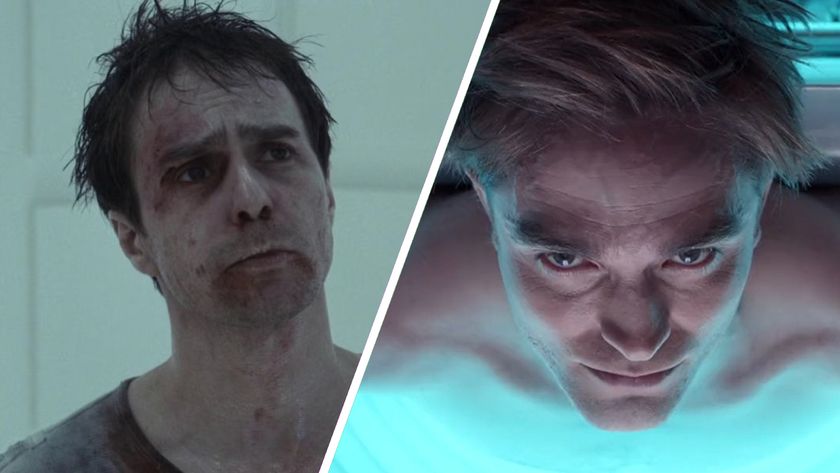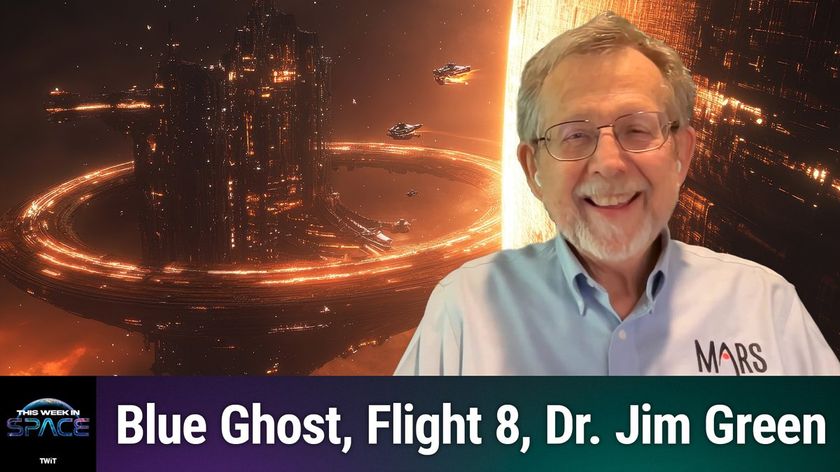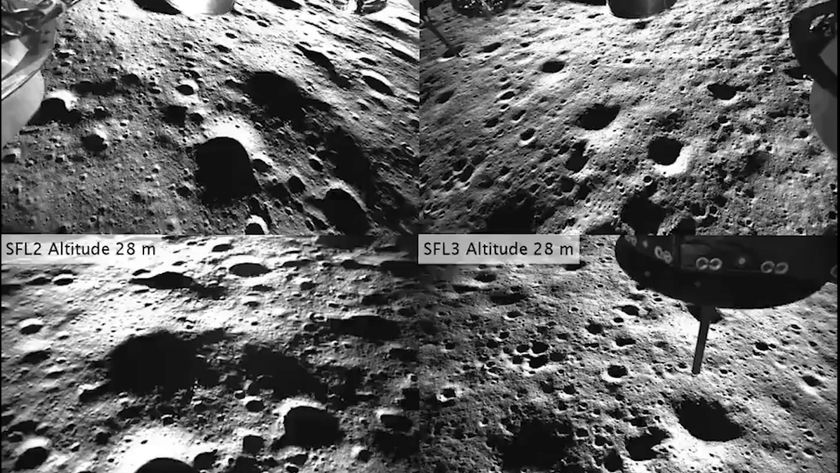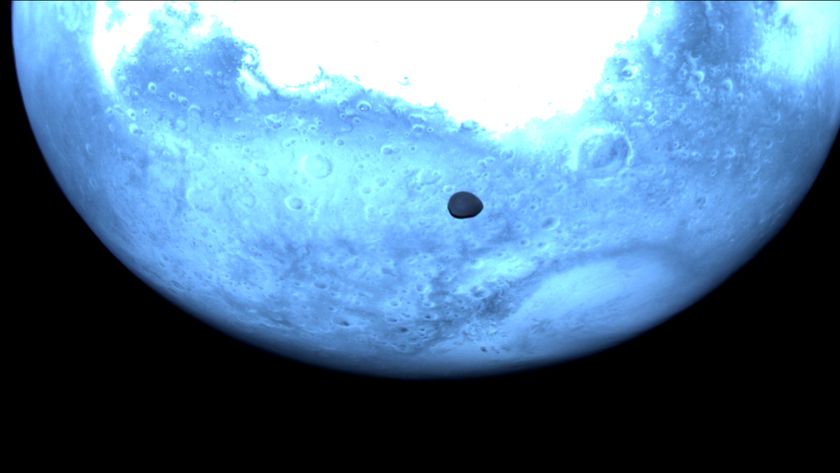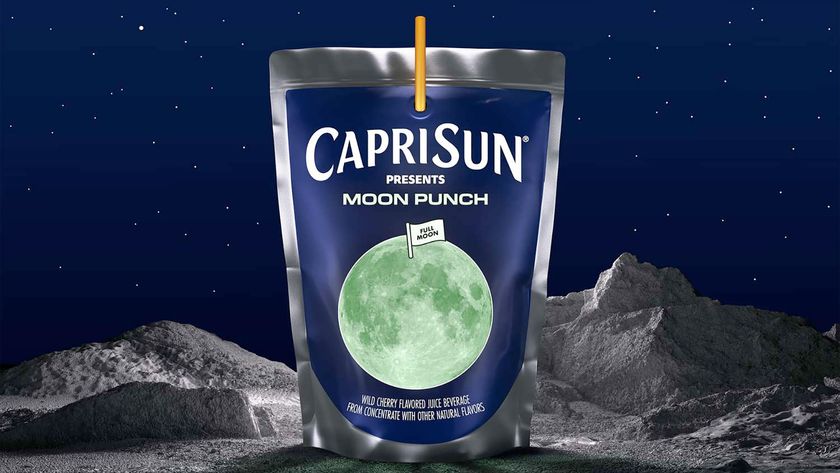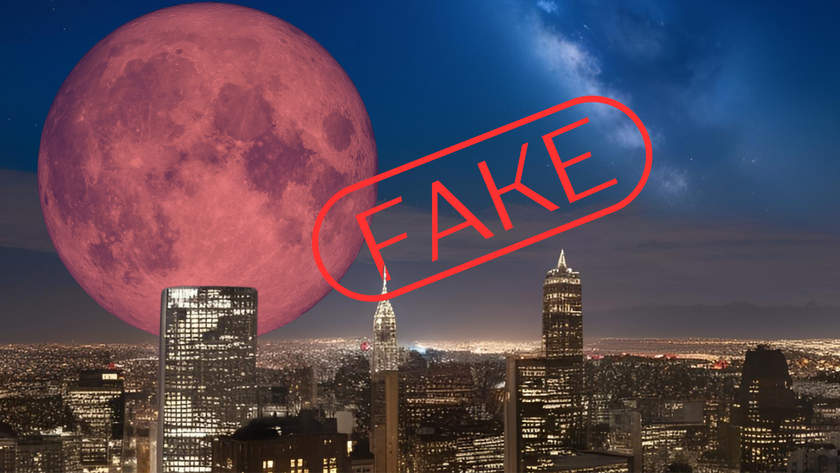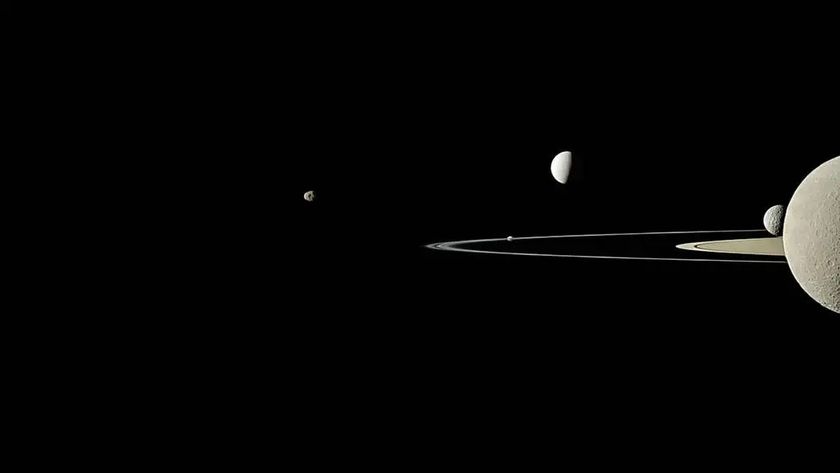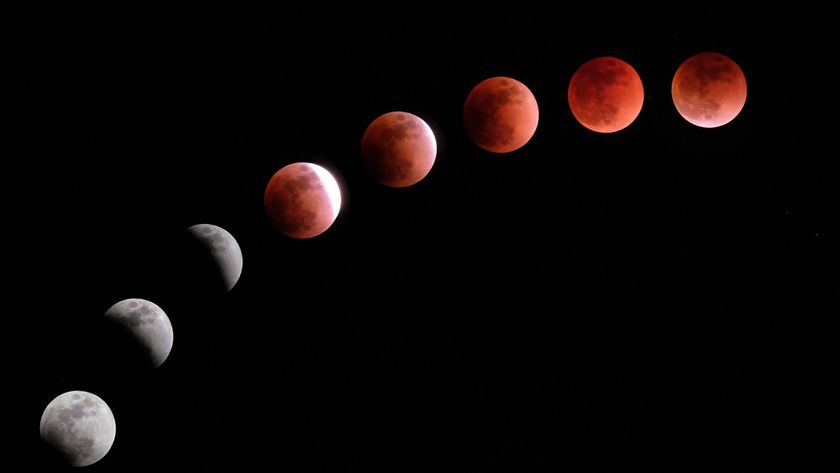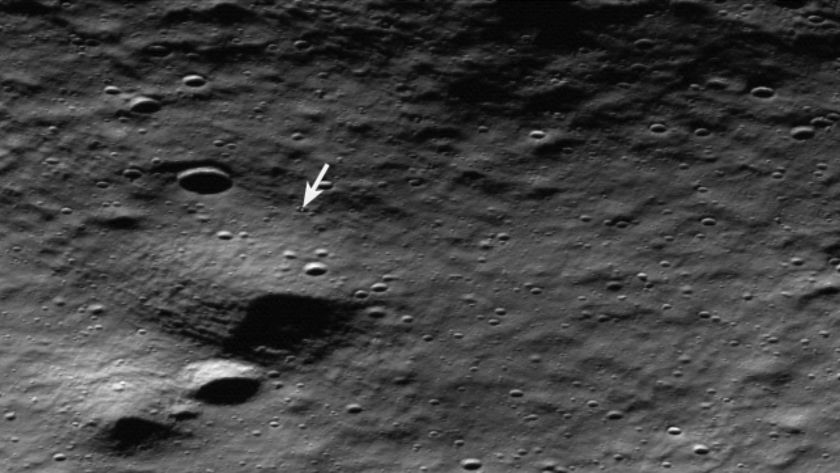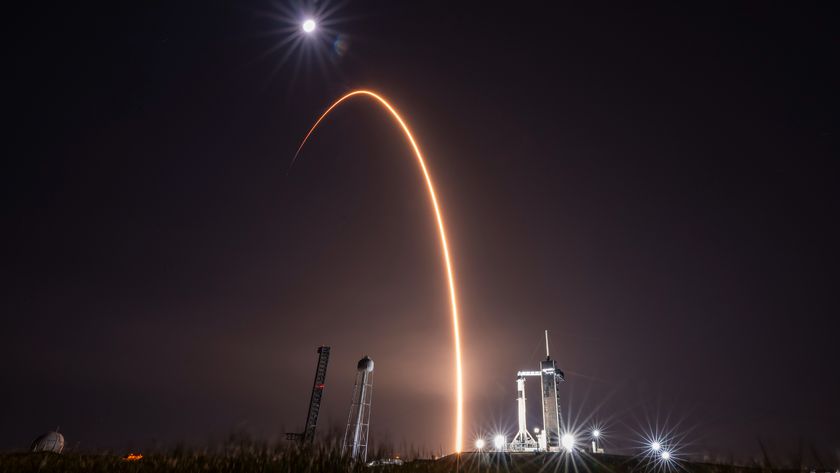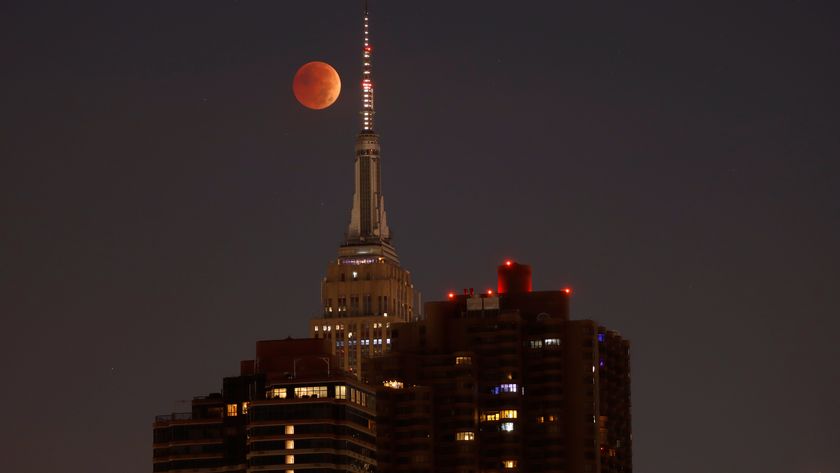'StarTalk,' NatGeo Channel's 1st Late-Night Science Talk Show, Debuts Tonight

NEW YORK — "StarTalk," the first-ever science-themed late-night talk show — hosted by superstar scientist Neil deGrasse Tyson — premieres tonight (April 20) on the National Geographic Channel, and viewers can expect a fantastically space-centric viewing experience.
Based on Tyson's long-running radio show of the same name, "StarTalk" is a combination of science, comedy and pop culture. Last week, at the American Museum of Natural History (AMNH) in New York (where portions of the show are filmed), a small group of invitees had the chance to watch the first of the series' 10 episodes. The episode centers around an interview with "Star Trek" alumni George Takei.
"'StarTalk' is a three-strand braid, between science, humor and pop culture," Tyson said at the event. "And that braid is an important recipe for how we are delivering science to the public." [Neil deGrasse Tyson Talks "StarTalk" on TV with Space.com]
Each episode of the show begins with Tyson sitting down with one or two co-hosts at the AMNH's Rose Center for Earth and Space. Tyson and his guests discuss the topic chosen for that episode, and show clips from a pretaped interview with another guest.
The theme of the first episode is "Star Trek," and Tyson's guests at the Rose Center are comedian Leighann Lord, and Charles Liu, an astrophysicist at the AMNH and the College of Staten Island, both of whom are big fans of the "Star Trek" franchise. The trio discussed clips from the show's primary interview, which was pretaped, with actor and activist George Takei, best known for playing Sulu in the original "Star Trek" series.
Both Lord and Liu shared their "Star Trek" wisdom with Tyson, who admits he is not a fan of the iconic series. The interview with Takei and subsequent discussion among the three hosts cover many 'Trek'-related topics, ranging from Takei's story about auditioning for the show, to the science behind the "warp drive" used in the "Star Trek" universe that allows spaceships to travel faster than the speed of light.
But the conversation also veered into more somber territory when Tyson asked Takei about the time he and his family spent in a Japanese internment camp during World War II. The co-hosts then discussed how "Star Trek" broke boundaries of race and gender in the 1960s, and what scientists understand about the underlying biology of race.
Get the Space.com Newsletter
Breaking space news, the latest updates on rocket launches, skywatching events and more!
The episode wrapped up with a short pretaped segment by Bill Nye the Science Guy, who discussed the connection between technology and civil rights. One of Nye's pretaped segments will be featured in each episode, according to a statement from the National Geographic Channel.
The National Geographic Channel plans to air 10 episodes of "StarTalk" for the first season. The show is scheduled to air new episodes on Mondays at 11 p.m. ET/10 p.m. CT, with reruns re of those episodes airing on Fridays at 7 p.m. ET/6 p.m. CT. Each episode will feature different interview guests and co-hosts. Upcoming interview guests include "Interstellar" director Christopher Nolan (April 27), astronaut Chris Hadfield (June 1) and NASA Administrator Charles Bolden (June 15). Guest hosts will include Janna Levin, professor of astronomy and physics at Columbia University (April 27), and astronaut Mike Massimino (June 1).
StarTalk is Tyson's second foray into television — he is also the host of "Cosmos: A Spacetime Odyssey," which is an updated version of the 1980 series "Cosmos: A Personal Voyage," hosted by Carl Sagan.
"StarTalk" will debut tonight on the National Geographic Channel at 11 p.m. EDT/10 p.m. CDT. Check local listings.
Follow Calla Cofield @callacofield. Follow us @Spacedotcom, Facebook and Google+. Original article on Space.com.
Join our Space Forums to keep talking space on the latest missions, night sky and more! And if you have a news tip, correction or comment, let us know at: community@space.com.

Calla Cofield joined Space.com's crew in October 2014. She enjoys writing about black holes, exploding stars, ripples in space-time, science in comic books, and all the mysteries of the cosmos. Prior to joining Space.com Calla worked as a freelance writer, with her work appearing in APS News, Symmetry magazine, Scientific American, Nature News, Physics World, and others. From 2010 to 2014 she was a producer for The Physics Central Podcast. Previously, Calla worked at the American Museum of Natural History in New York City (hands down the best office building ever) and SLAC National Accelerator Laboratory in California. Calla studied physics at the University of Massachusetts, Amherst and is originally from Sandy, Utah. In 2018, Calla left Space.com to join NASA's Jet Propulsion Laboratory media team where she oversees astronomy, physics, exoplanets and the Cold Atom Lab mission. She has been underground at three of the largest particle accelerators in the world and would really like to know what the heck dark matter is. Contact Calla via: E-Mail – Twitter
